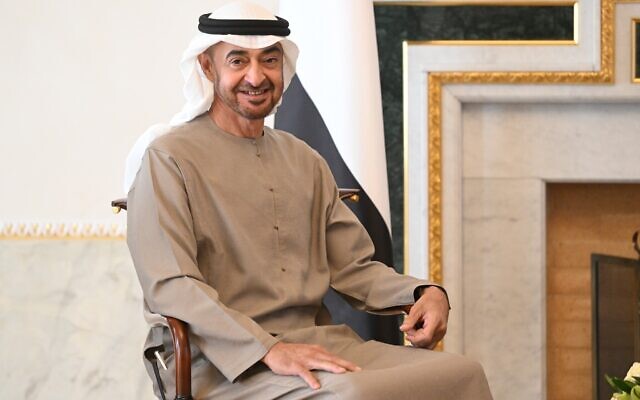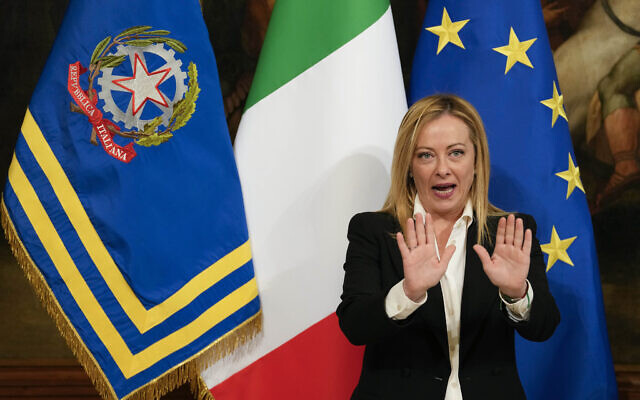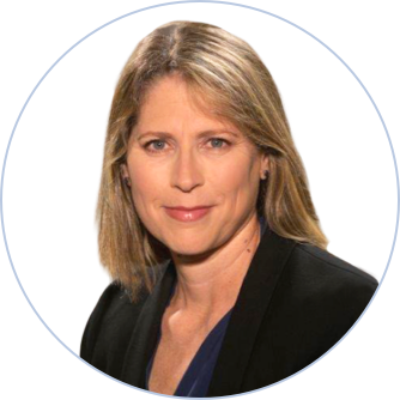Likud leader Benjamin Netanyahu spoke with several world leaders Thursday as he prepared to take power after winning last week’s national election.
Netanyahu held calls with German Chancellor Olaf Scholz, UAE President Mohamed bin Zayed Al Nahyan and Italian Prime Minister Giorgia Meloni. He also received a missive from Turkish President Recep Tayyip Erdogan.
In his call with Scholz, Netanyahu emphasized his commitment to expanding ties with Arab nations and voiced concern regarding Iran’s nuclear program.
Erdogan expressed his congratulations to Netanyahu in a letter, despite previous years of friction between the two leaders.
“I congratulate you on your victory in the elections and believe that the new government will continue the cooperation between the countries in all fields in a way that will bring peace and stability to our region,” he said.
Jerusalem and Ankara have slowly renewed ties over the past year, following over a decade in which the relationship was strained amid Turkish protests of Israel’s treatment of Palestinians, particularly in Gaza, while Israel also expressed anger over Turkish support for Palestinian terror group Hamas.
Speaking to Scholz, the Likud leader said that “Germany has a special part in [the] historic process” of expanding ties between the Jewish state and its neighbors. He also said that the Iranian nuclear program “poses a significant threat to Israeli security and world peace.”
The call ended with the two agreeing to strengthen ties between their nations and Netanyahu thanking Scholz for Germany’s support of Israel.
Scholz has been a significant figure in Israeli diplomacy, particularly regarding the Jewish state’s opposition to a renewed Iran nuclear deal. In September, caretaker Prime Minister Yair Lapid held a joint press conference with the German chancellor in which they expressed their countries’ opposition to Iran developing a nuclear weapon. Lapid had also provided Scholtz with “sensitive and relevant intelligence information” relating to the Islamic Republic’s nuclear program earlier that day.
German Chancellor Olaf Scholz speaks to the media after a meeting with Greek Prime Minister Kyriakos Mitsotakis in Athens, Greece, October 27, 2022. (AP Photo/Michael Varaklas)
Also in September, Israeli Ambassador to Germany Ron Prosor said that the country’s ties with Berlin were its second-most important behind its relationship with the United States.
UAE President Sheikh Mohamed bin Zayed Al Nahyan also congratulated Netanyahu Thursday and extended an invitation to visit. Relations between the countries were normalized under the 2020 US-brokered Abraham Accords, which the leaders referenced.

President of the United Arab Emirates Sheikh Mohamed bin Zayed Al Nahyan smiles while posing for a photo prior to his talks with Russian President Vladimir Putin during their meeting in St. Petersburg, Russia, October 11, 2022. (Pavel Bednyakov, Sputnik, Kremlin Pool Photo via AP)
Netanyahu told Al Nahyan that the two “have a lot more to accomplish for both of our countries and for the world,” his office said.
Italian Prime Minister Giorgia Meloni also called Netanyahu Thursday to express her congratulations. The two discussed an upcoming meeting between the two governments, Italy’s support for Israel in international forums and the deepening of ties and relations between the countries, according to a statement from Netanyahu’s office.
Meloni was elected last month and became Italy’s first far-right leader since Benito Mussolini in World War II.
Since his election win last week, Netanyahu has received numerous congratulatory messages from prominent international figures.
On Sunday, French President Emmanuel Macron called Netanyahu to congratulate him on his victory and invited him to Paris.
US President Joe Biden expressed a similar sentiment in a call to Netanyahu on Mondayemphasizing the shared goals the two countries hold, despite quiet concern from US officials over the likely inclusion of extreme-right lawmakers in Netanyahu’s future cabinet.

Italian Prime Minister Giorgia Meloni at Chigi Palace Premier’s office, in Rome, October 23, 2022 (AP Photo / Andrew Medichini)
Otzma Yehudit party leader Itamar Ben Gvir, a self-described disciple of extremist rabbi Meir Kahane, was convicted in the past of supporting a terror organization but claims that he has become more moderate in recent years. His party is expected to join a Netanyahu-led coalition, and Ben Gvir is pressing to be appointed internal security minister.
Netanyahu, whose Likud party won 31 seats in the November 1 electionsis likely to form a right-wing coalition together with the far-right Religious Zionism-Otzma Yehudit alliance, and ultra-Orthodox parties United Torah Judaism and Shas. The four parties together, who make up Netanyahu’s parliamentary bloc, won 64 seats in the 120-member Knesset.
President Isaac Herzog on Wednesday began formal consultations with all parties in the Knesset to hear their recommendations for who should form the next government, though Netanyahu began coalition talks with expected allies prior to receiving the official go-ahead from the president.
Ash Obel, Jacob Magid and Gavin Rabinowitz contributed to this report.

